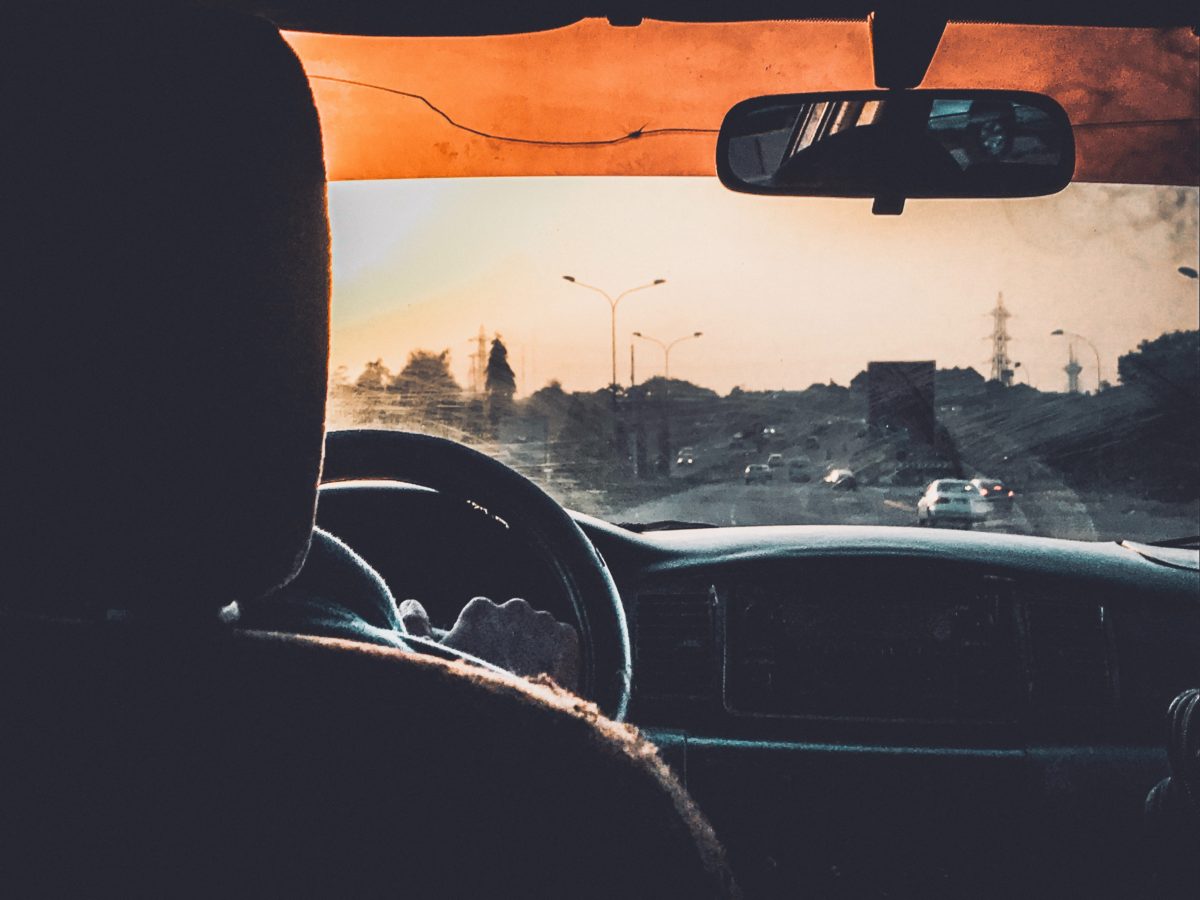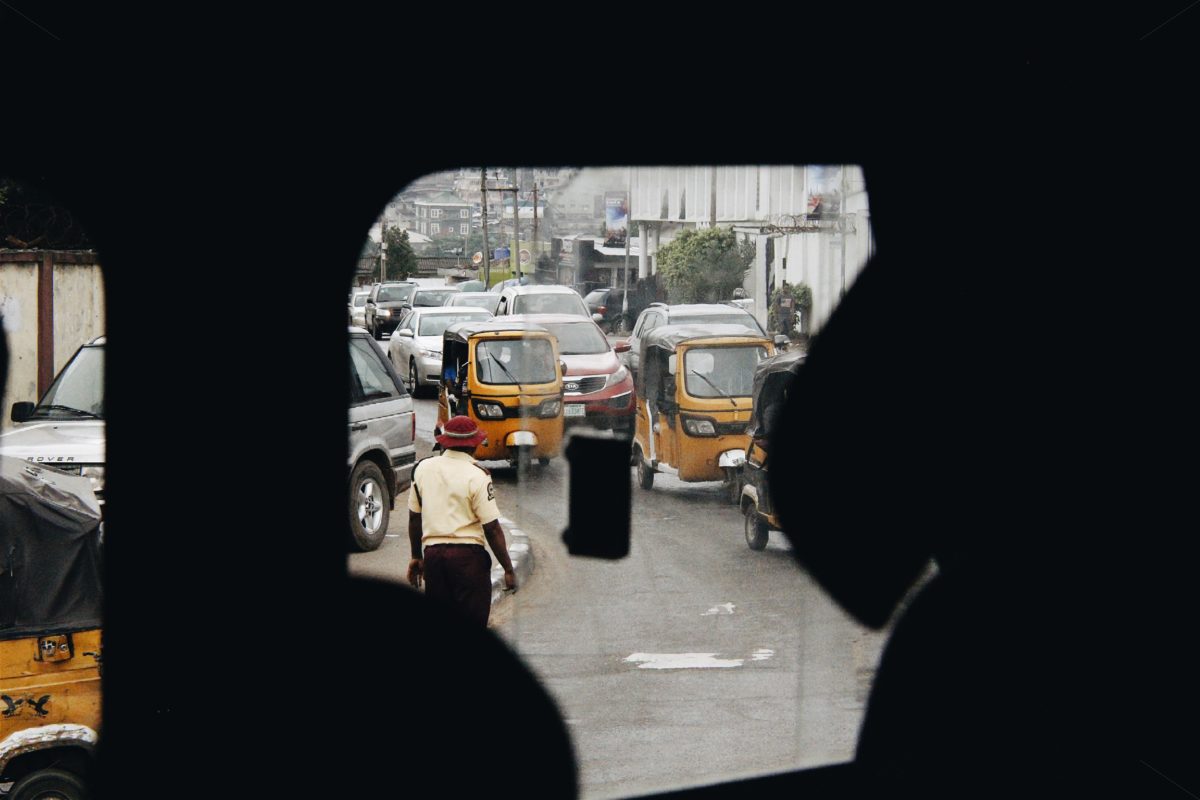Walking across borders: exploring challenges to walkability in the Global South
WK-2023-EP-08Project Leader: Joseph FerreiraDept of Urban Studies and Planning, Massachusetts Institute of Technology, Cambridge, USA, Partners: Abstract: Climate change and public health concerns are increasingly necessitating more attention to non-auto modes of transport. By improving walking infrastructure and enhancing the pedestrian experience, we can not only increase walking trips but also transit ridership. The literature



